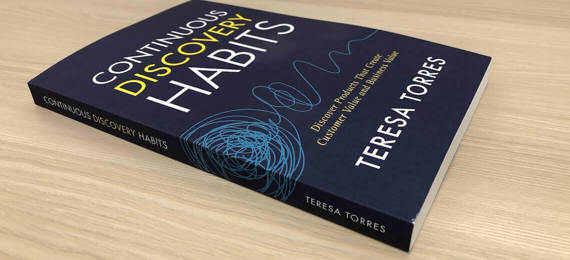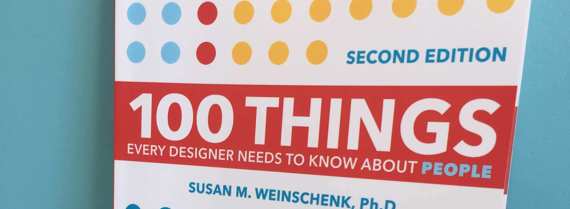
Continuous Discovery Habits by Teresa Torres is a comprehensive and essential read for product managers and designers looking to build successful products that meet the needs of their customers. It offers a clear and concise framework for conducting ongoing discovery work and provides practical advice on how to identify customer problems, prioritise opportunities, and test assumptions.
In product management and design, discovery refers to the process of identifying customer problems and needs, generating ideas for potential solutions, and testing assumptions in order to gain a deeper understanding of users behaviours and preferences. This book explains how to carry out a successful discovery and highlights benefits of it during any product development process - the key benefit being that staying informed about customer needs ensures any products developed meet those needs, and therefore they are more likely to succeed in the market.
The book starts by delving into the early years of tech product development. During this time “business leaders owned the discovery - they decided on what to build. Discovery happened once a year in an annual budgeting process.” As a result, many products failed as there simply wasn't an understanding of what users or the market needed. Over time the approach changed, with product teams taking more ownership. A greater emphasis on discovery and research allowed businesses to find out quickly what works and what doesn’t for their customers, before time was wasted on building products with no potential.
In the book, Torres describes how to create a culture based on discovery by involving the entire team in the discovery process. She also addresses common challenges that teams face when trying to adopt a discovery mindset, such as a lack of time or resources.
Torres' framework consists of four key habits that should be ingrained in any business developing a product/service: Know Your Customer, Focus on Outcomes, Conduct Ongoing Discovery, and Embrace a Learning Mindset. Each habit is broken down into specific practices and techniques that readers can use to improve their discovery work, and structure their journey to developing valuable products and services.
What I appreciate most about this book is its emphasis on testing assumptions. Torres provides a wealth of information on how to design and run effective experiments, and how to use data to make informed product decisions. She also addresses the importance of balancing qualitative and quantitative research, and how to use both to gain a deeper understanding of users needs.
Throughout the book, Torres provides real-world examples and case studies that bring her framework to life. By the end, readers will have a solid understanding of how to implement continuous discovery habits in their own organisations, and why they should do so.
My only criticism is that this book is short, and therefore limited on how much information it gives. It isn’t a comprehensive guide on qualitative research and data analysis, however it is a good start to informing people about discovery, useful methods, mindsets, approaches and their benefits. I would personally recommend further reading on the topics mentioned to build up on the foundations explained by Teresa Torres.
The book is written in an engaging and accessible style, making it easy to read and understand. Whether you're new to discovery work or a seasoned pro, there's something in this book for everyone. By the end, readers will feel empowered to make meaningful changes in their product development process.



